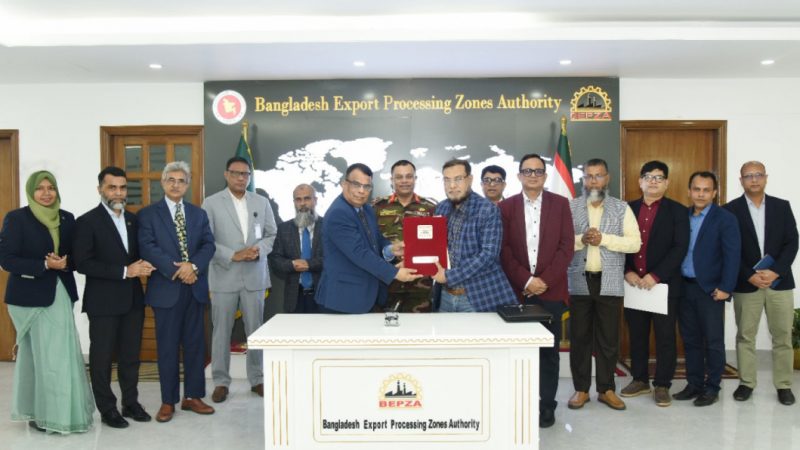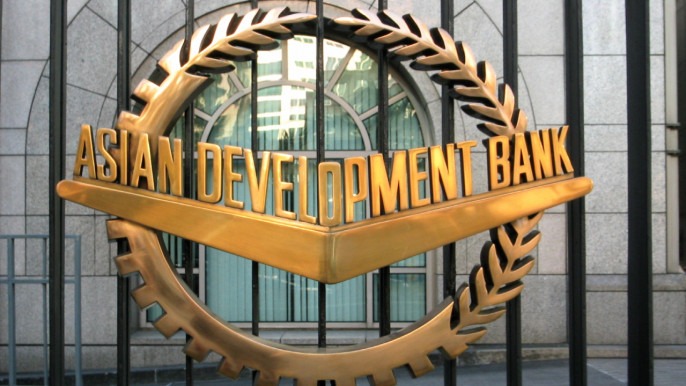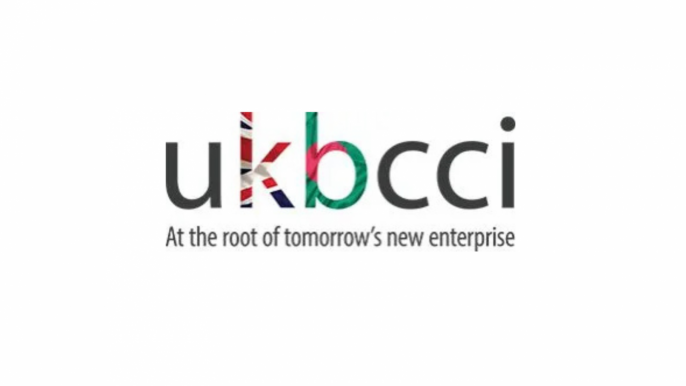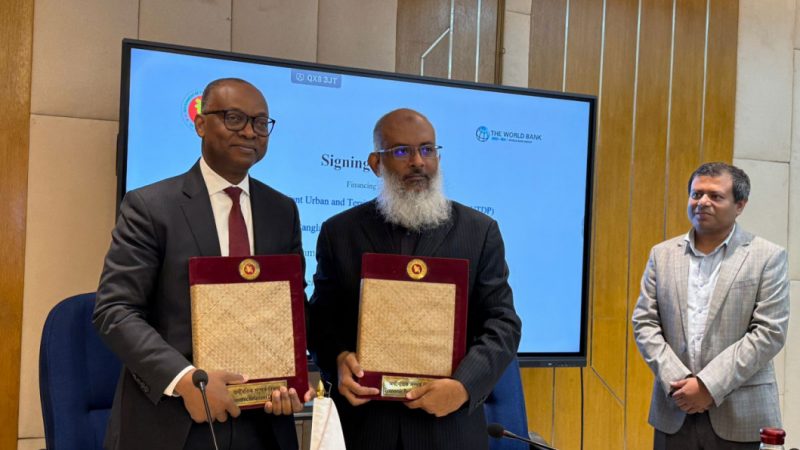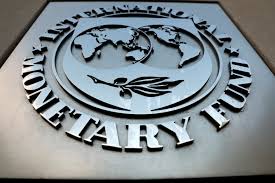World Bank approves $1.16bn for three Bangladesh projects
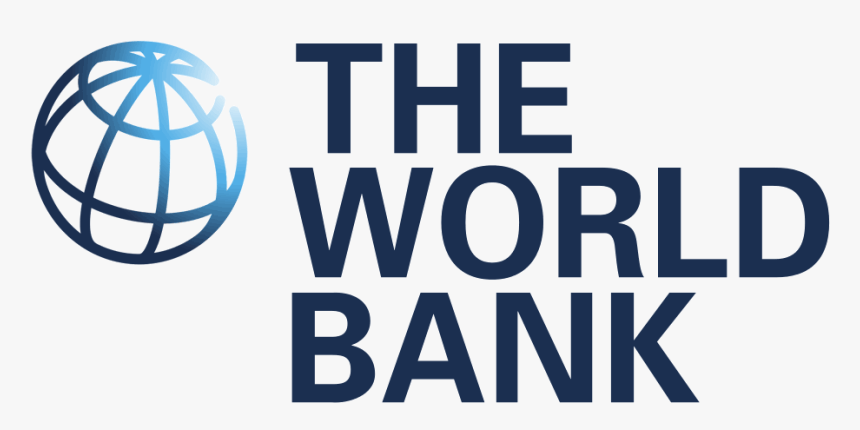
The World Bank today approved three loans totalling $1.16 billion to help Bangladesh improve health services, boost water and sanitation services and achieve greener and climate-resilient development, it said in a statement.
Of the amount, $500 million is under the second Bangladesh green and climate resilient development credit and the WB said the fund will support reforms to help the country’s transition to green and climate-resilient development.
“The financing supports policy reforms to improve public planning and financing and implementation for green and climate-resilient interventions at local and national levels and promote clean and resource-efficient production and services in key sectors,” it said.
The WB said as a prerequisite to the credit, the Planning Commission has adopted the Multi-Year Public Investment Program Guidelines for key sectors, integrated with the Medium-Term Budget Framework.
The financing also supports policies to reduce air pollution, improve environmental enforcement, expand access to carbon markets, enhance sustainable water and sanitation services, improve the efficiency of the Bangladesh Delta Plan 2100, and advance a climate-resilient and sustainable environment, it added.
The financing also supports sustainable public procurement incorporating environmental and social considerations, said the multilateral agency adding that the loan will further help improve the energy efficiency of buildings and appliances and incentivise the construction sector to become greener.
Besides, the WB executive board approved $379 million credit under health, nutrition, and population sector development program-for-results to improve access to quality health and nutrition services and build resilient health systems in Sylhet and Chattogram divisions.
It will provide quality health, nutrition, and population services to about 5.1 million people, said the WB.
The program will help reduce maternal and neonatal mortality by increasing the number of births, both normal delivery and Caesarian section deliveries, in public health facilities.
Alongside the WB financing, the Global Financing Facility for Women, Children and Adolescents (GFF) is providing a catalytic $25 million grant to support the government in prioritizing interventions such as child nutrition, adolescent health, quality maternal and newborn care, data use, and coordination.
The WB said it approved $280 million Chattogram water supply improvement project to provide safe water through new and rehabilitated piped water connections to over one million people in Chattogram.
It will build about 200,000 new household water connections and provide improved sanitation services to about 100,000 people in low-income communities, said the WB adding that the project is part of a World Bank South Asia regional initiative or program of programs to provide Water, Sanitation and Hygiene (WASH) services to about 100 million people across the region by 2035.
The WB said the project will also help the Chattogram Water Supply and Sewerage Authority (CWASA) improve operational efficiency and financial sustainability and address issues related to water loss such as high levels of leakage, metering inaccuracies, and illegal connections.
World Bank Country Director for Bangladesh and Bhutan Abdoulaye Seck said these new financing will bring to the people of Bangladesh essential services such as health and water and sanitation while laying the foundation for clean, climate resilient and sustainable development.
He said Bangladesh is among the most vulnerable countries to climate change and faces the greatest pollution challenges.
“Improving climate resilience in every sector and tackling the pollution scourge has become a critical development priority.”
The WB has so far has committed more than $45 billion in International Development Association (IDA) financing in the form of grants, interest-free loans, and concessional credits to help the country address its development priorities following Bangladesh’s independence.
Source: The Daily Star | 20 December 2024


